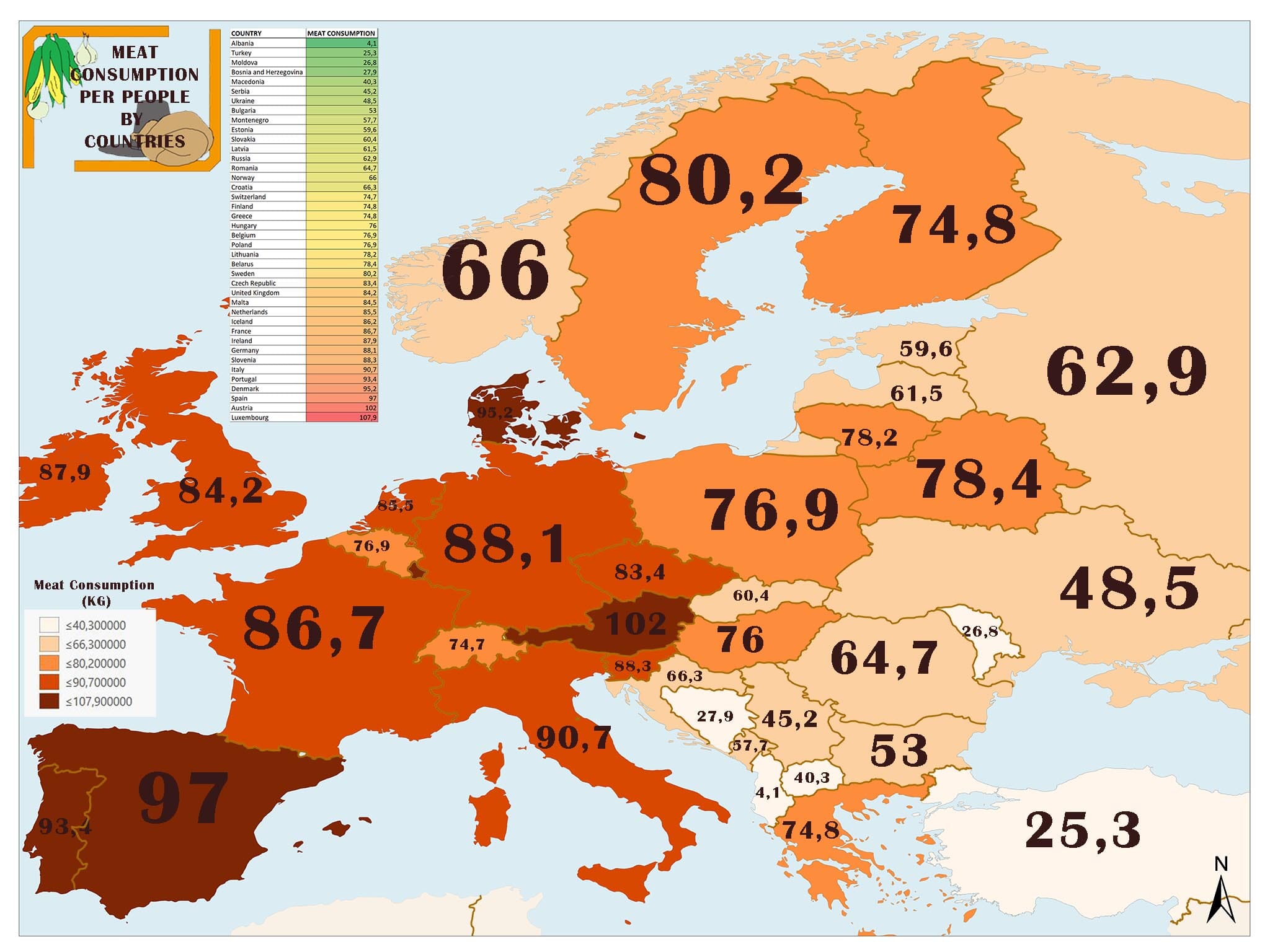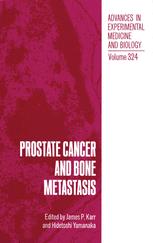I grew up eating tons of junk food as a kid and hungry teen, bc my Mom didn't really like to cook, and when she did it was pretty rough.
I happily ate lots of meat eggs and dairy my whole life. My cookbooks are more french classic than anything else. I occasionally decided to eat 'vegetarian' for awhile, but that was kinda silly tbh, bc I was still getting a ton of calories and fat from cheese and eggs.
My BMI was probably 26-27 or so from ages 25 to 50, and my BP and lipids were normal all that time. After 50, I developed hypertension and a variety of CVD warning signs. From my POV this was 'sudden' and quite surprising, but ofc not that surprising to my doctor!
Now as I approach 55 yo, my BMI is down to 25, my BP is back to the normal range, my other CVD symptoms are resolving, and I will have my lipids checked in the next month. And I feel 20 years younger.
YMMV.
The pleasantly surprising part (for me) is that I am not at all sad about the diet change, despite assuming I would be. I was able to find new ingredients and recipes. I look forward to every meal now, and eat a lot more food, with seconds, than I did before, and don't need to guess portion sizes. I only stop eating when I am 'full', and I still lost 10 pounds (and then stopped) without trying.
I happily ate lots of meat eggs and dairy my whole life. My cookbooks are more french classic than anything else. I occasionally decided to eat 'vegetarian' for awhile, but that was kinda silly tbh, bc I was still getting a ton of calories and fat from cheese and eggs.
My BMI was probably 26-27 or so from ages 25 to 50, and my BP and lipids were normal all that time. After 50, I developed hypertension and a variety of CVD warning signs. From my POV this was 'sudden' and quite surprising, but ofc not that surprising to my doctor!
Now as I approach 55 yo, my BMI is down to 25, my BP is back to the normal range, my other CVD symptoms are resolving, and I will have my lipids checked in the next month. And I feel 20 years younger.

YMMV.
The pleasantly surprising part (for me) is that I am not at all sad about the diet change, despite assuming I would be. I was able to find new ingredients and recipes. I look forward to every meal now, and eat a lot more food, with seconds, than I did before, and don't need to guess portion sizes. I only stop eating when I am 'full', and I still lost 10 pounds (and then stopped) without trying.
Last edited:




![[Hearth.com] Veganism, Human Health and Conspiracies. [Hearth.com] Veganism, Human Health and Conspiracies.](https://www.hearth.com/talk/data/attachments/308/308384-712573c670c9392a62feecd5a430417e.jpg?hash=wusYND8MFd)



![[Hearth.com] Veganism, Human Health and Conspiracies. [Hearth.com] Veganism, Human Health and Conspiracies.](/talk/proxy.php?image=https%3A%2F%2Fec.europa.eu%2Feurostat%2Fdocuments%2F4187653%2F10321624%2FDeaths%2Bfrom%2Bprostate%2Bcancer%2Bin%2BEU%2Bregions%2B.jpg&hash=30e931b1e1af36467aed8f5e8b3eea16)